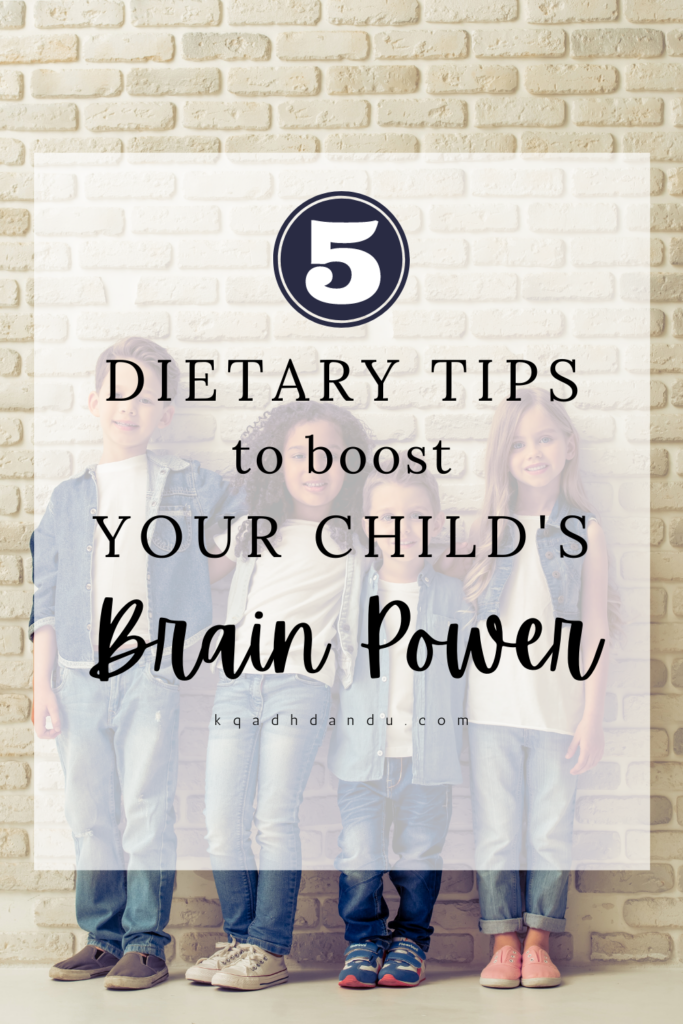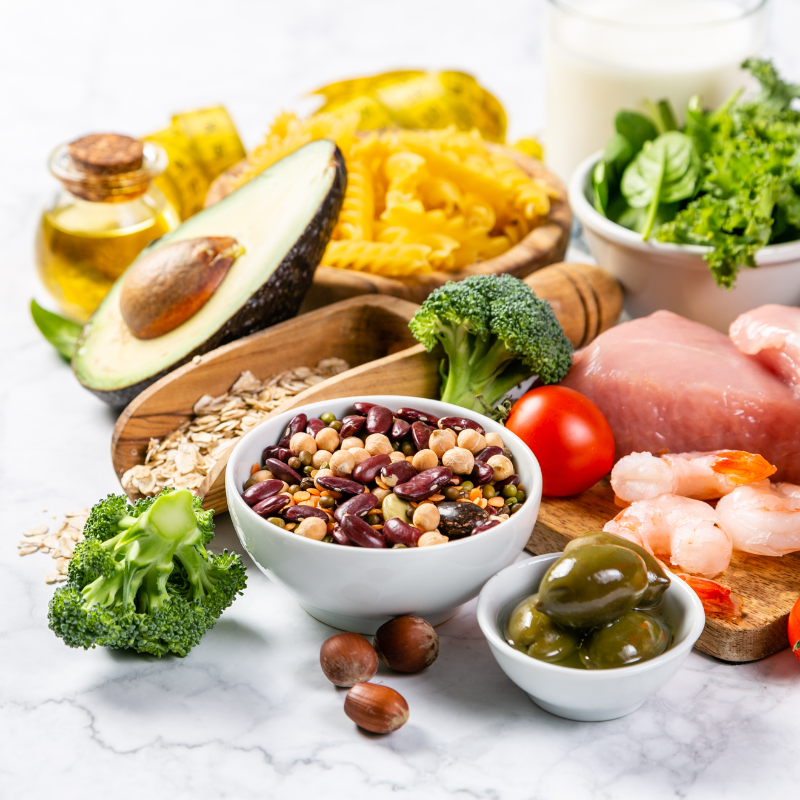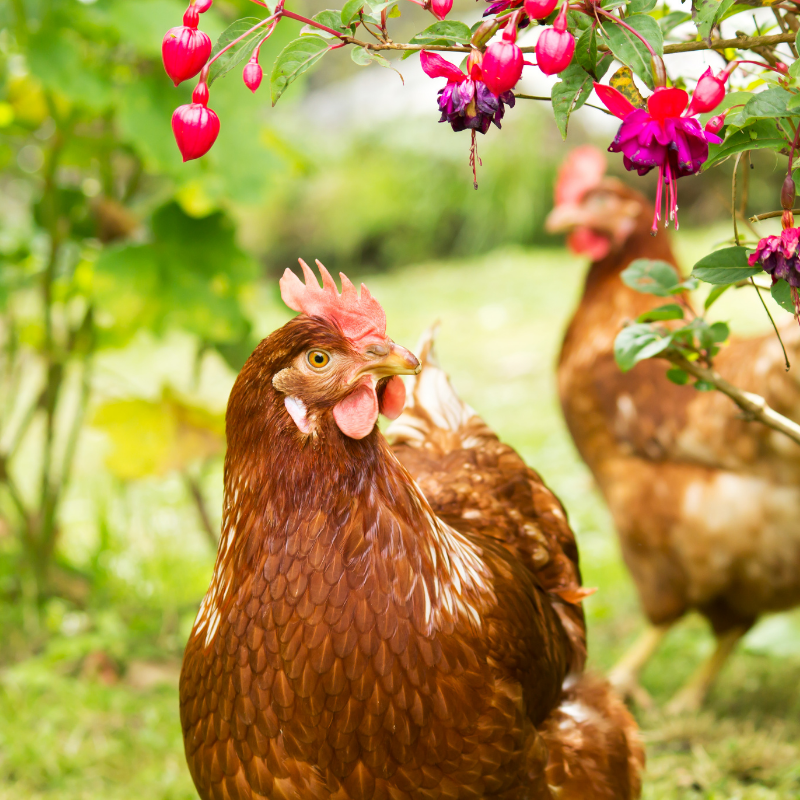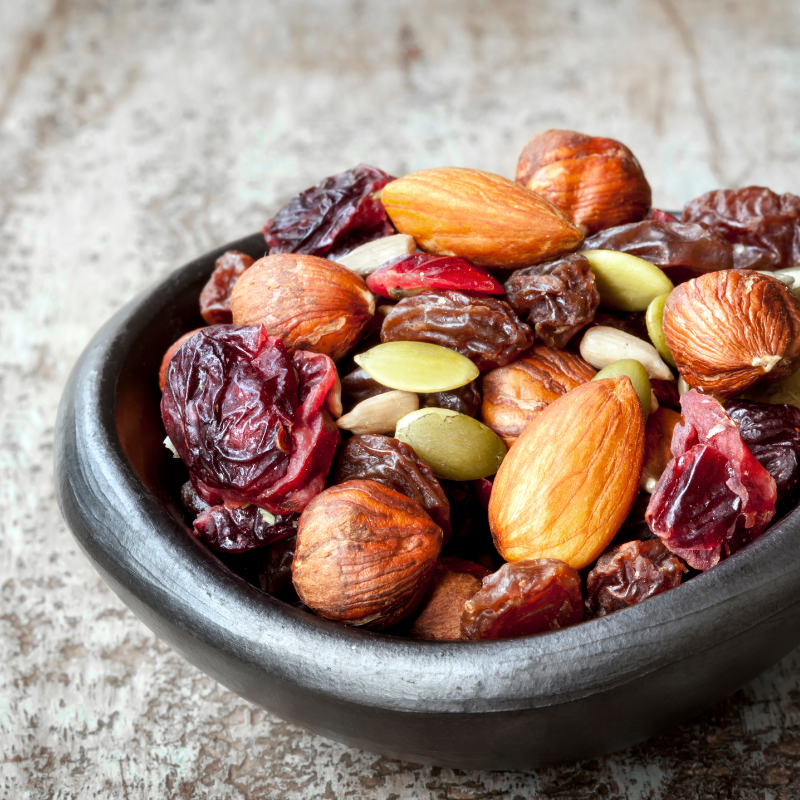Last week during my neighborhood walk, I happened upon Dr. Lisa Mosconi’s book, Brain Food: The Surprising Science of Eating for Cognitive Power.
“No way!” I shrieked with excitement when I saw the glossy hardback in the Little Free Library.
“A book about brains. Something new and different,” my husband teased, as I tucked it under my arm. I’d heard about Brain Food a few years earlier from a developmental pediatrician, Dr. Timothy Culvert, MD, who specializes in holistic medicine.
Later that evening, I sat in my favorite armchair in the living room engrossed in Dr. Mosoni’s book. She eloquently summarized years of brain science research about dietary patterns associated diseases, like Alzheimer’s, and the foods that boost our “cognitive power” (e.g., ability to focus, learn and retain information, problem-solve).
What a gift, I thought to myself. Everyone should read this book.
I knew a number of the studies she referenced given my own interest in neuropsychology, diet and cognitive functioning. While I’d been fascinated in these topics for years, my interest in brain science and nutrition peaked years earlier when my son was diagnosed with ADHD, particularly given his difficulty eating most foods. I brought him to several naturopathic physicians, who recommended that we supplement his diet with fish oil, magnesium, zinc and other nutrients which are listed in Dr. Mosconi’s book. Those visits kicked off years of my husband and I trying to get the fishy liquid down our son’s throat. Need I digress…
But here’s the deal. While there are many things that we as parents do not have control over, particularly during a pandemic, we do have some control over what we put in our grocery carts and then attempt to feed our families.
And guess what? Based on scientific research, the dietary decisions we make NOW will impact us for years to come. For example, one of the biggest predictors for developing Alzheimer’s is the type of diet we ate during our younger years. As Dr. Mosconi notes, “You are what you ate.”
And just remember. All we can do is try our best. My son refused to eat nearly everything except bow-tie pasta for years. But little by little, his palate matured. So don’t throw in the towel if your kiddo is a terrible eater. Just model healthy dietary behaviors within the family, avoid buying junk food, and keep an open mind.

Here are 5 Dietary Tips to Boosting Your Child’s Cognitive Power
1) Feed Your Child Omega-3-rich foods, like:
- Salmon (e.g., smoked or grilled with soy sauce and lime juice)
- Blueberries (e.g., in oatmeal, pancakes)
- Almonds (e.g., in yogurt, toasted in oatmeal with maple syrup)
- Avocado (e.g., on toast, in guacamole, sliced with balsamic vinegar)
- Eggs (e.g., hard-boiled, scrambled, poached)
2) Introduce your kids to the Mediterranean diet

- Substitute olive oil for butter (e.g., on broccoli, toast, pasta)
- Serve fresh sliced tomatoes with olive oil, basil and balsamic vinegar instead of carbs, such as chips or crackers. Make it feel fancy. Kids love fancy!
- Mix kalamata olives with pasta or buy the olives in a snack pack for lunch
- Eat seafood, instead of red meat
- Opt for whole grain cereal, bread and pasta
3) Offer water, water, water!

- Choose spring and filtered water over purified water, as the latter is stripped of healthy minerals and salts that contribute to healthy cognitive functioning.
- Make water more appealing by letting your child pick a special water bottle. Then, infuse the water with fruit, cucumbers or lemon.
- Tell your child that kids who drink lots of water have healthier brains 🙂
- Avoid serving your child juice with meals given the high sugar content, which contributes to weight-gain, diabetes and cavities.
- Avoid purchasing soft drinks or sports drinks, as many are packed with sugar and artificial ingredients.
4) Buy organic, wild-caught, and free-range when you can

- Organic fruits and vegetables have less pesticides and residue than regular produce. They also have more phytochemicals, which helps us fight disease and illness.
- Wild-caught fish has a much healthier Omega-3 fat profile than farm-raised fish and not nearly as many toxins and pollutants.
- Free-range and grass-fed animals have higher levels of protein, iron and zinc than factory-raised animals. There is less chance that free-range and grass-fed animal meat will be contaminated by deadly diseases, as well.
- The downside is the above can be expensive, but the advantages are there.
5) For dessert, offer your children Omega-3 rich treats like:

- Organic almond butter and oatmeal no-bake cookies
- Fruit smoothies (sneak in a little ground flaxseed and spinach, which are high in Omega-3’s)
- Trail mix (e.g., dark chocolate, raisins, date crumbles, walnuts, unsweetened coconut flakes)
- Popsicles with real fruit, low sugar, and no artificial sweeteners or dyes
- Fresh fruit with yogurt, honey, and trail mix
Wrapping Up These Dietary Tips
Alrighty folks, I hope you found these dietary tips helpful. Feel free to pass it along if you think others would benefit! And in the meantime, stay strong and healthy. You’ve got this!
Your friend and support,


